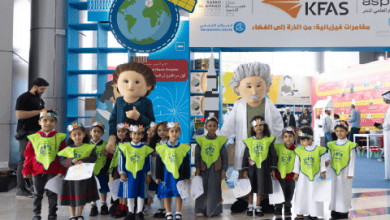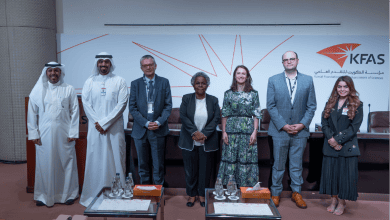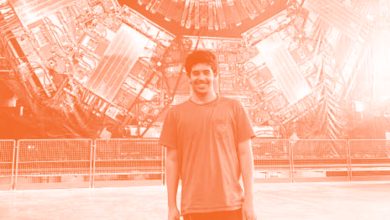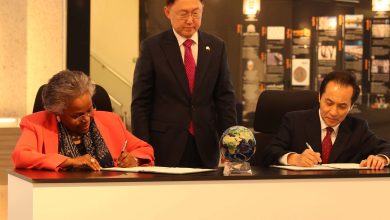Modern Tech Makes a Difference Conserving an Ancient Species
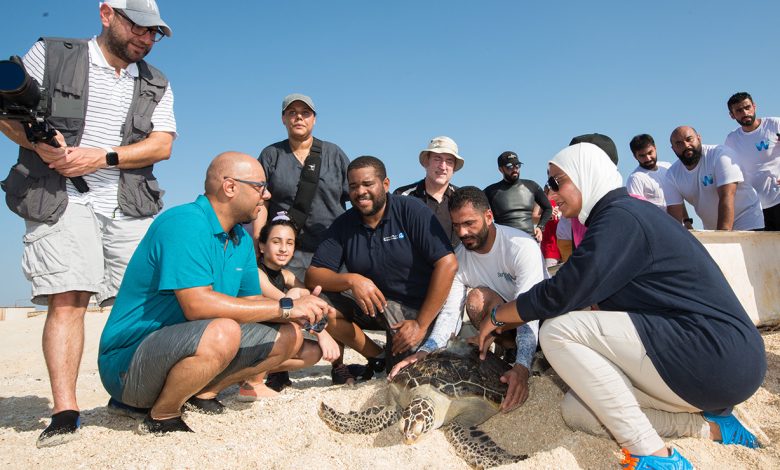
Cultural artifacts from the Bronze Age show that sea turtles have been an intrinsic part of Kuwait’s seas for at least 3,000 years. But these gentle creatures are now considered endangered and placed on the International Union for Conservation of Nature (IUCN) Red List.
As a result, the Kuwait Environment Public Authority (KEPA) – with the support of the Kuwait Foundation for the Advancement of Sciences (KFAS), Kuwait University, The Scientific Center Kuwait, Senyar Dive Team, Kuwait Environmental Lens, and The Kuwait Coast Guard – has been exploring new ways to conserve the turtles found within this region. Harnessing the power of modern satellite trackers — far more effective than radio trackers — can help scientists discover more about the migratory pathways and foraging grounds that these turtles depend on.
“Sea turtles are exposed to a wide range of threats including marine pollution and climate change,” said Abdullah Al-Zaidan, Deputy Director General of Technical Affairs – KEPA. “As a governmental body, one of our responsibilities is to ensure the turtles and their environment are protected.”
One of the optimal ways to find out if the turtles in the Arabian Gulf leave or stay within the region, are satellite trackers, according to Amani Al-Zaidan, assistant professor in the department of biological sciences at Kuwait University. “Knowing the habitats they prefer, their favorite foraging grounds, and migration routes will allow us to work regionally with other states to protect this population,” she said. The challenge was finding turtles to track.
“Until now, we didn’t have a turtle rehabilitation program in Kuwait,” Abdullah Al-Zaidan said. “But the opportunity arose to rescue three sea turtles that had been rehabilitated in tanks.”
It took around six months for the rescued turtles to recover. The next stage of the project involved the logistics of release and finding funding to purchase the trackers. Alan Rees, a marine turtle expert, acted as a consultant. Rees advised on the tracker technology and supported the rehabilitation efforts. Thanks to a grant from KFAS, the trackers were purchased and the release of the two healthiest turtles was achieved. The third turtle will be released shortly.
“A big thank you goes to KFAS for supporting the first national project of its kind to be carried out in Kuwait,” said Abdullah Al-Zaidan. “Our hope is that we can continue carrying out this project to conserve Kuwait’s sea turtles for many more years to come.”
By Emma Stenhouse

